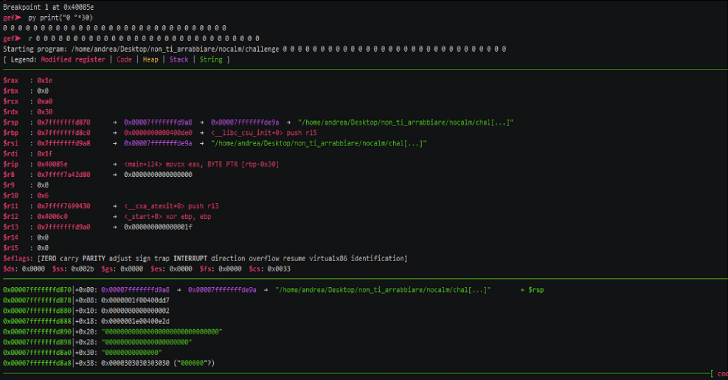The io_uring_register syscall supports various registration ops to allow a user to register different resources that io_uring can use.
Specifically, with IORING_REGISTER_PBUF_RING combined with the IOU_PBUF_RING_MMAP flag, the kernel allocates pages for an io_buffer_list and attaches it to the io_ring_ctx under a given bgid.
int io_register_pbuf_ring(struct io_ring_ctx *ctx, void __user *arg)
{
struct io_uring_buf_reg reg;
struct io_buffer_list *bl, *free_bl = NULL;
int ret;
if (copy_from_user(®, arg, sizeof(reg)))
return -EFAULT;
/*...*/
if (!(reg.flags & IOU_PBUF_RING_MMAP))
ret = io_pin_pbuf_ring(®, bl);
else
ret = io_alloc_pbuf_ring(®, bl); // <-- IOU_PBUF_RING_MMAP
if (!ret) {
bl->nr_entries = reg.ring_entries;
bl->mask = reg.ring_entries - 1;
io_buffer_add_list(ctx, bl, reg.bgid); // <-- add buffer_list to ctx with bgid
return 0;
}
kfree(free_bl);
return ret;
}In the io_alloc_pbuf_ring() function below, the kernel uses __get_free_pages() to allocate pages for the buffer ring:
static int io_alloc_pbuf_ring(struct io_uring_buf_reg *reg,
struct io_buffer_list *bl)
{
gfp_t gfp = GFP_KERNEL_ACCOUNT | __GFP_ZERO | __GFP_NOWARN | __GFP_COMP;
size_t ring_size;
void *ptr;
ring_size = reg->ring_entries * sizeof(struct io_uring_buf_ring);
ptr = (void *) __get_free_pages(gfp, get_order(ring_size));
if (!ptr)
return -ENOMEM;
bl->buf_ring = ptr;
bl->is_mapped = 1;
bl->is_mmap = 1;
return 0;
}For more information click here.















.webp)
